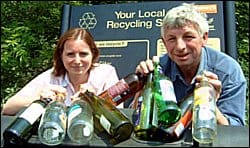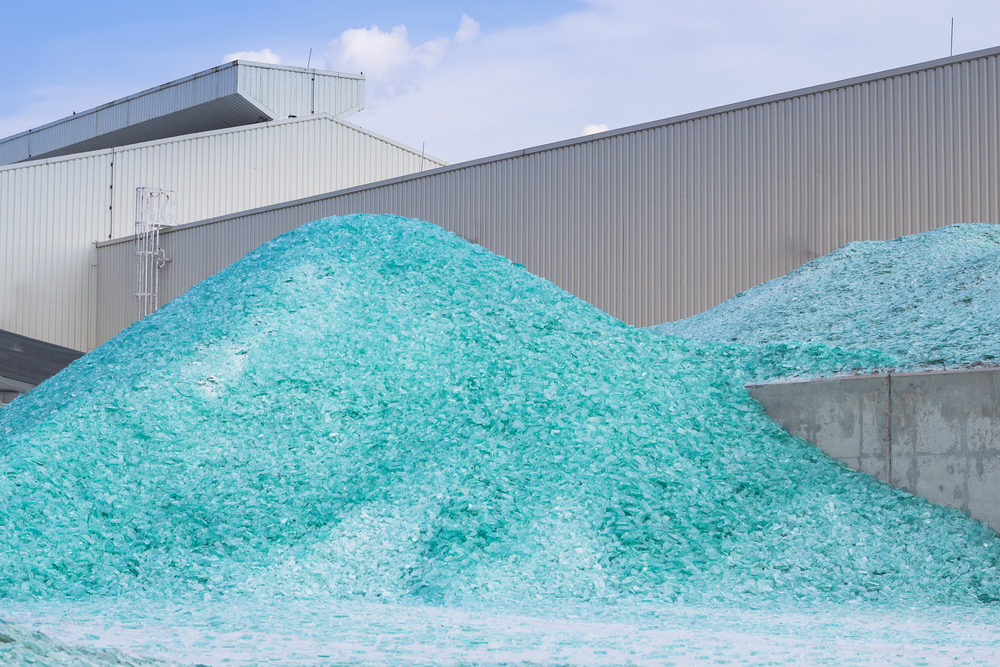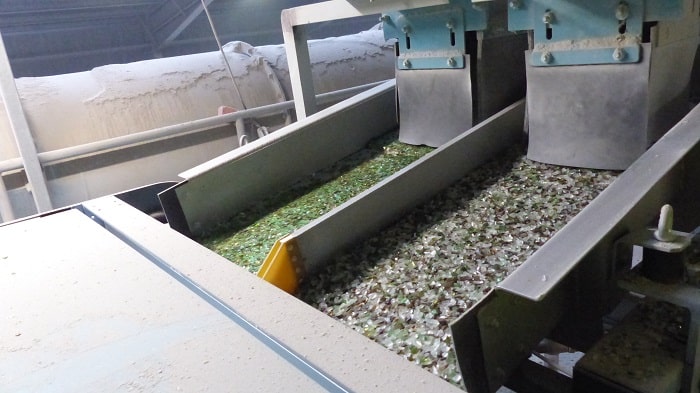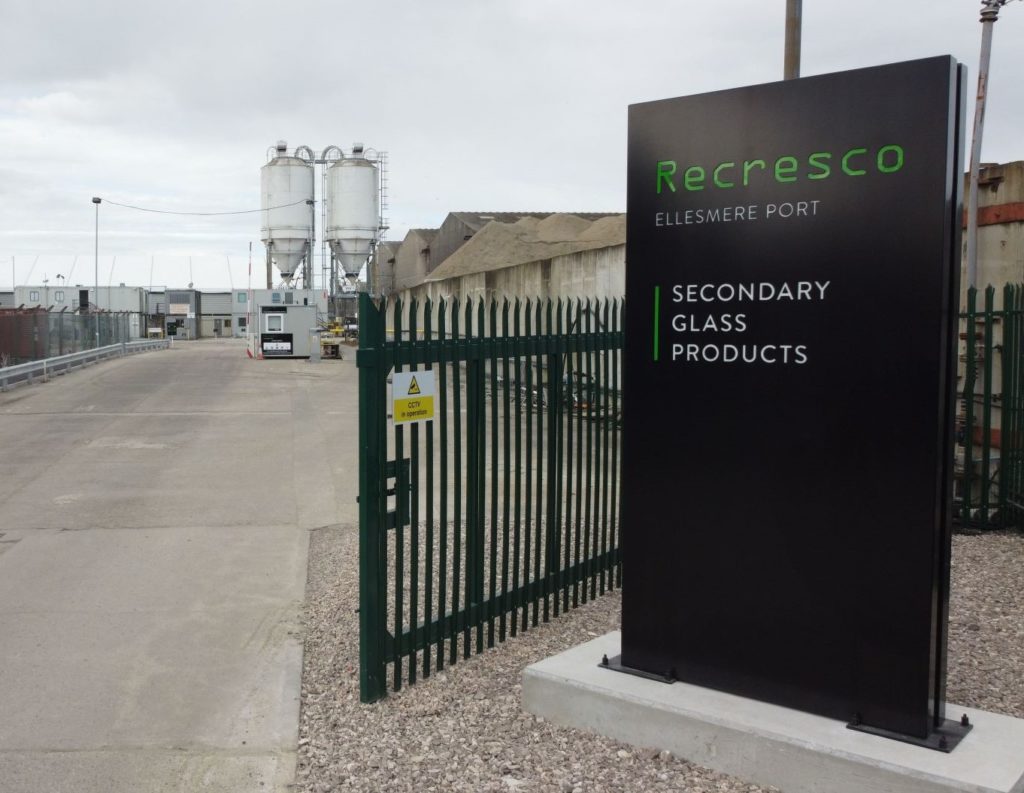The deal with Hastings borough council will see 1,000 tonnes of mixed glass processed each year, while the contract with Royal Borough of Windsor and Maidenhead will involve about 1,800 tonnes a year.
 Natalie Smith, market development executive at Valpak with Hastings councillor Bob Hart |
The glass from Hastings will be processed by RMC in Robertsbridge, while the glass from Windsor and Maidenhead will go to Days in Greenwich. Once turned into aggregates, the councils will be able to purchase the material back at a reduced price for use in local road building projects.
Commenting on the agreements, Valpak's director of operations Steve Gough said: “These agreements have many benefits. For Valpak, it guarantees a source of waste glass, while for Hastings borough council and the Royal Borough there is the option of reducing road building costs, and potentially increasing recycling levels. For the UK as a whole, it helps to boost recycling levels, which will be ever-more important as our recycling and recovery targets increase.”
Councillor Bob Hart, holder of the environment and highways portfolio at Hastings borough council said: “We welcome the new initiative that makes recycling of glass easier and allows the less popular green glass to be sold and locally processed into useful product that gives benefits to Hastings.
He added: “I look forward to seeing many more locations around the borough where it is possible to recycle all colours of glass in one container.”
The Windsor and Maidenhead has just finished installing over 80 new recycling banks at 40 public recycling centres, so that residents can throw away mixed glass, rather than segregating their bottles.
Councillor Simon Werner, of the Royal Borough of Windsor and Maidenhead said: “Research shows that glass recycling levels increase if there are mixed collections – and the results of our first three months shows an encouraging upward trend, which we are confident will continue as more and more local people learn about the arrangements.”








Subscribe for free